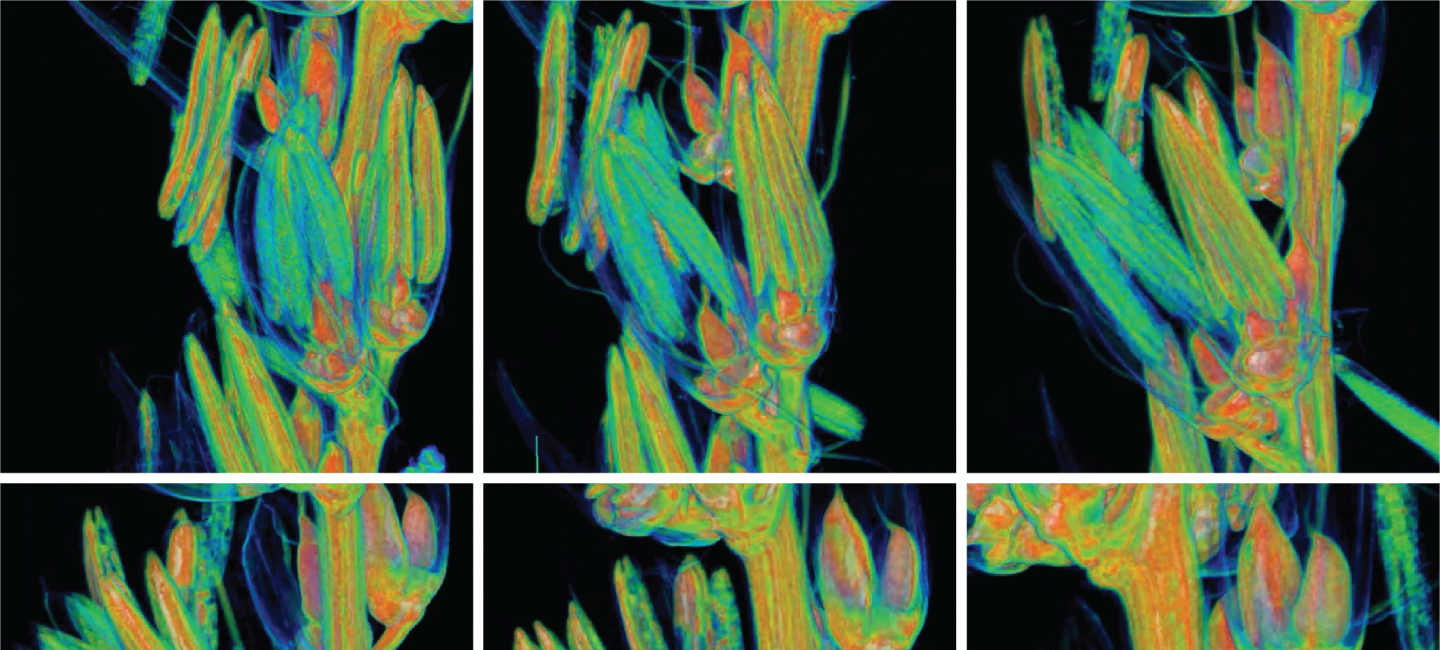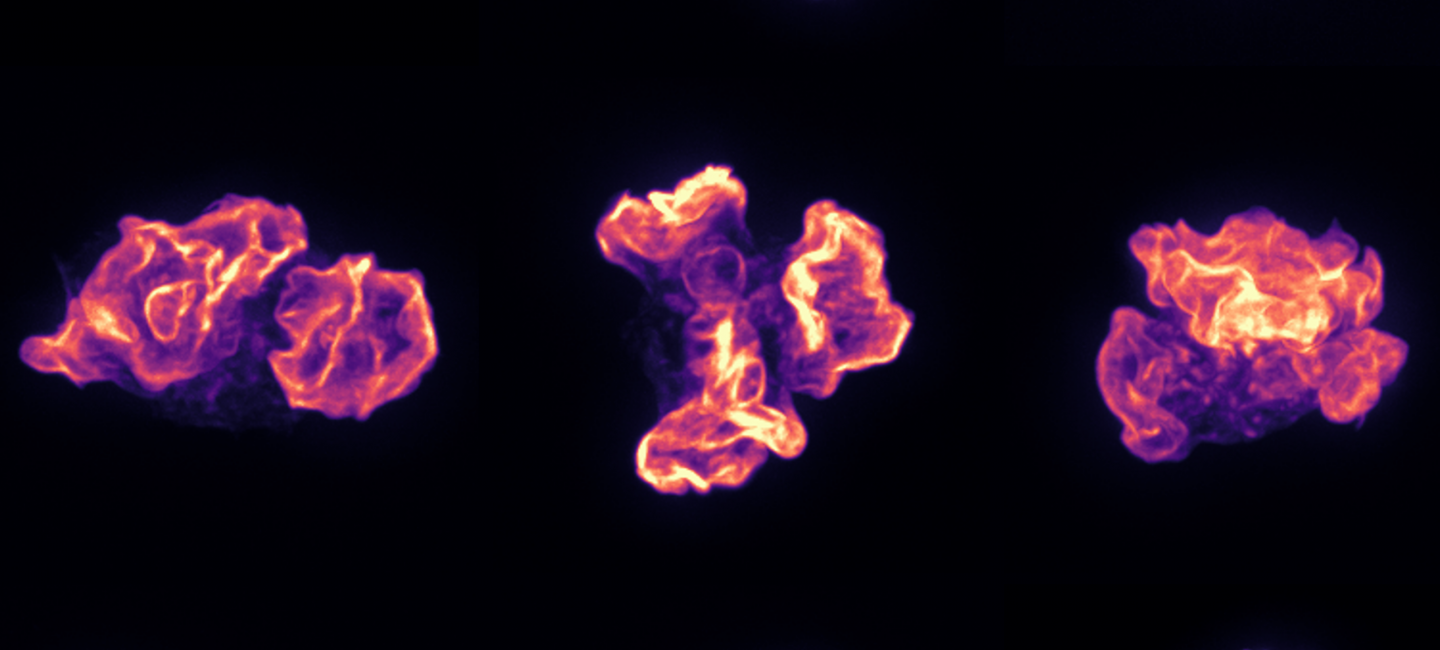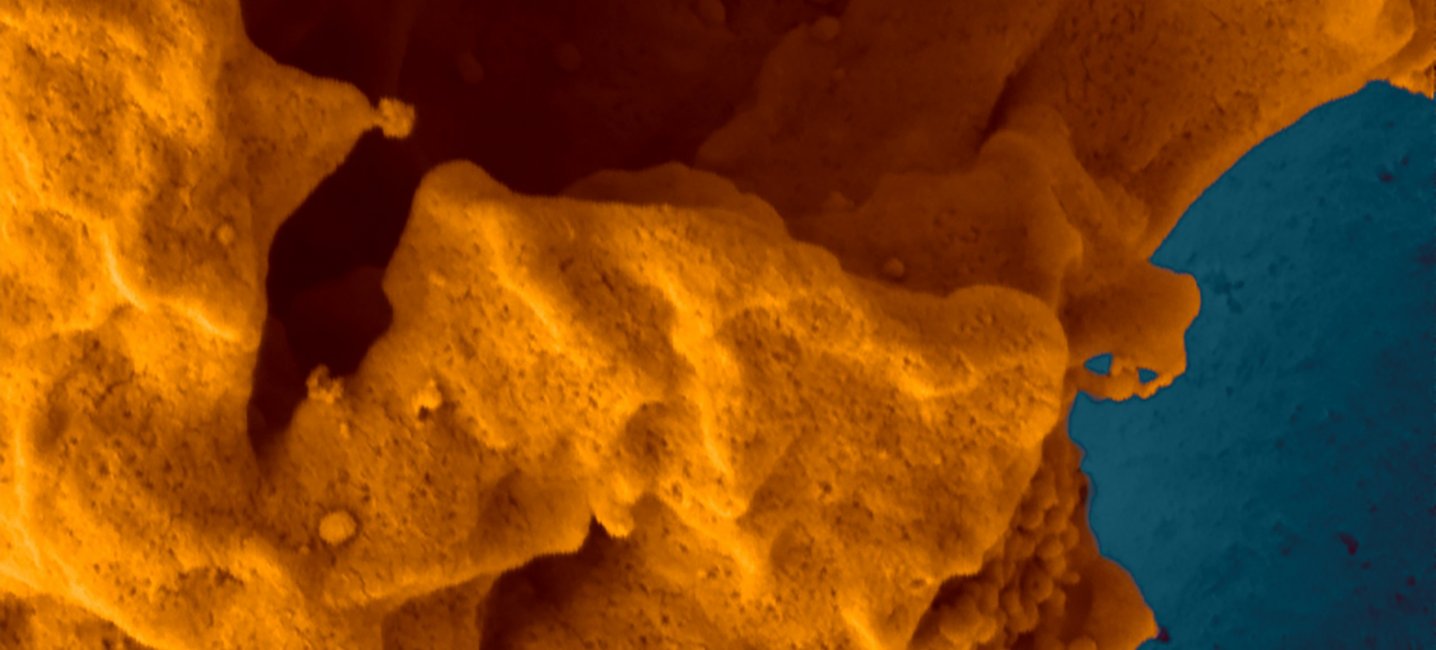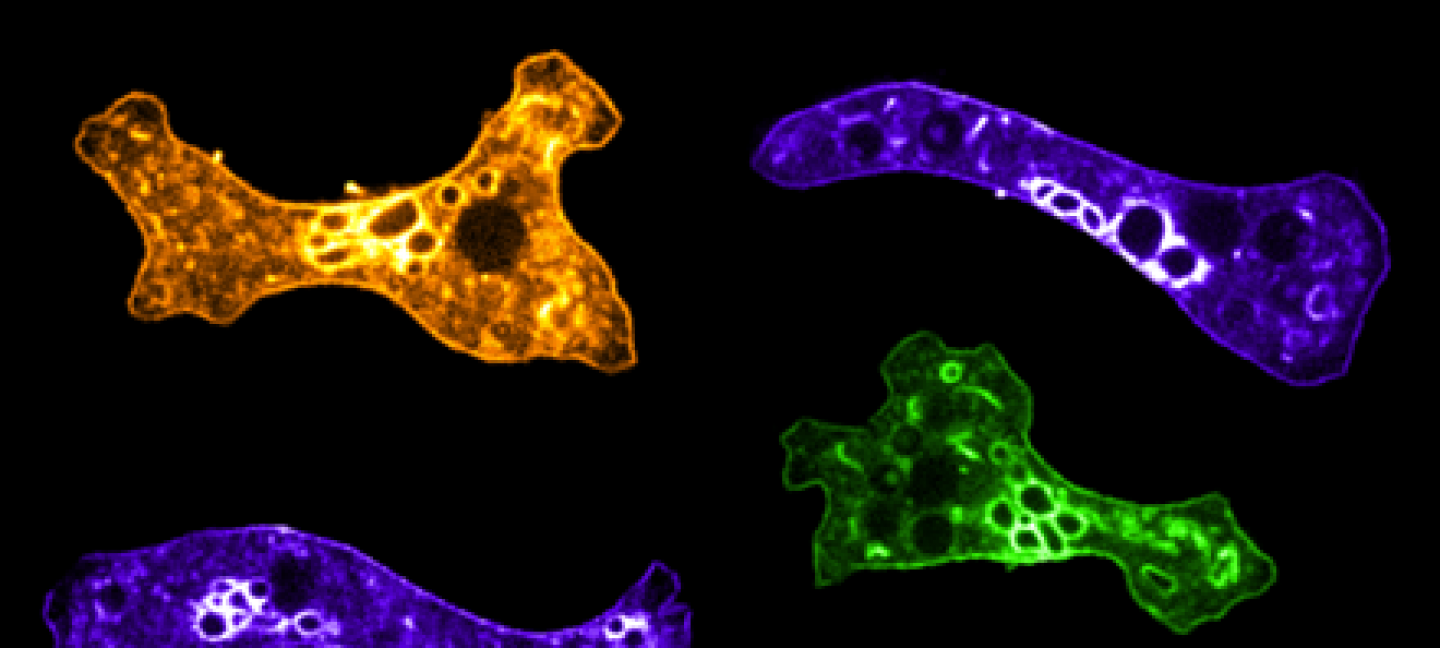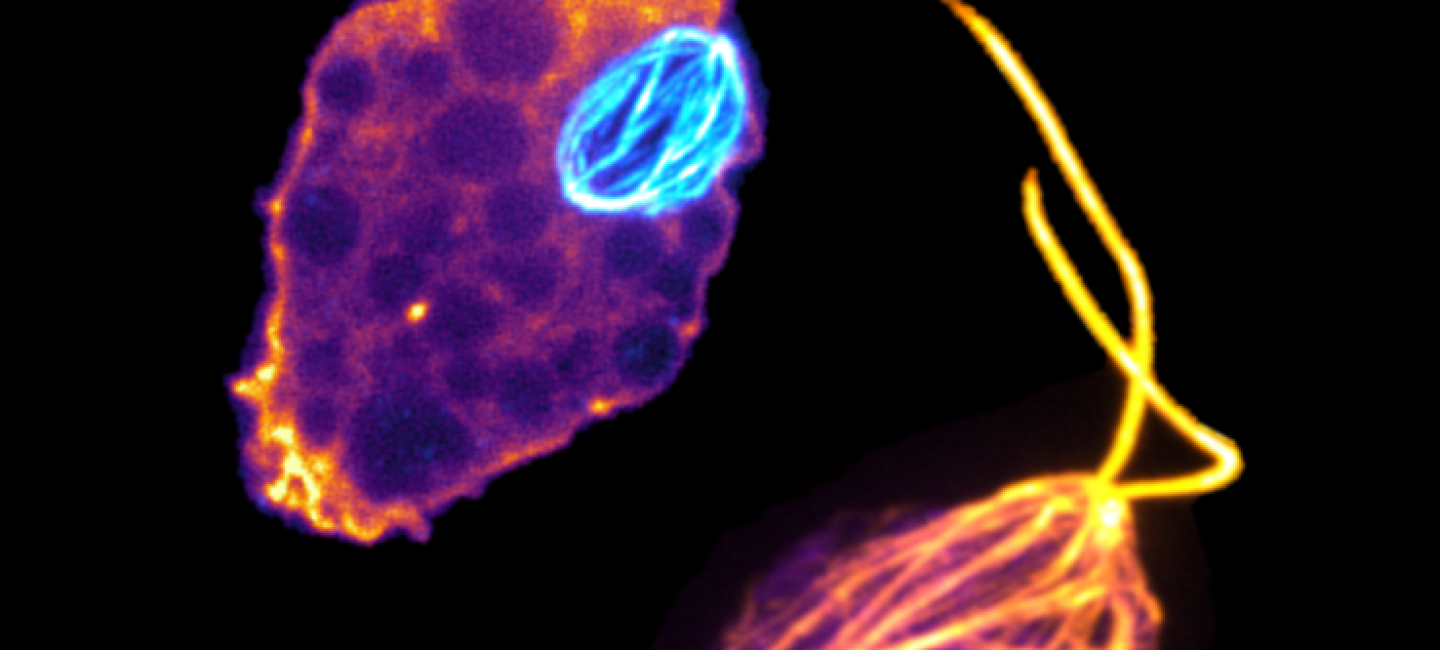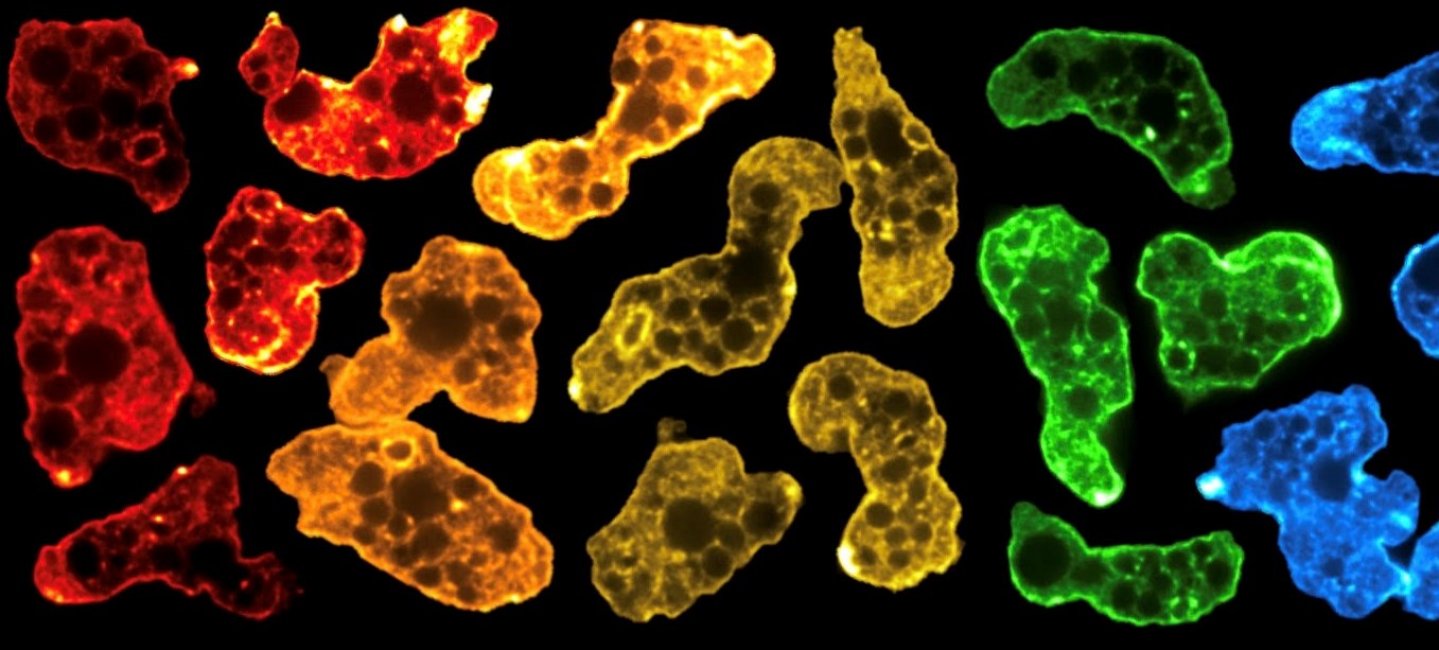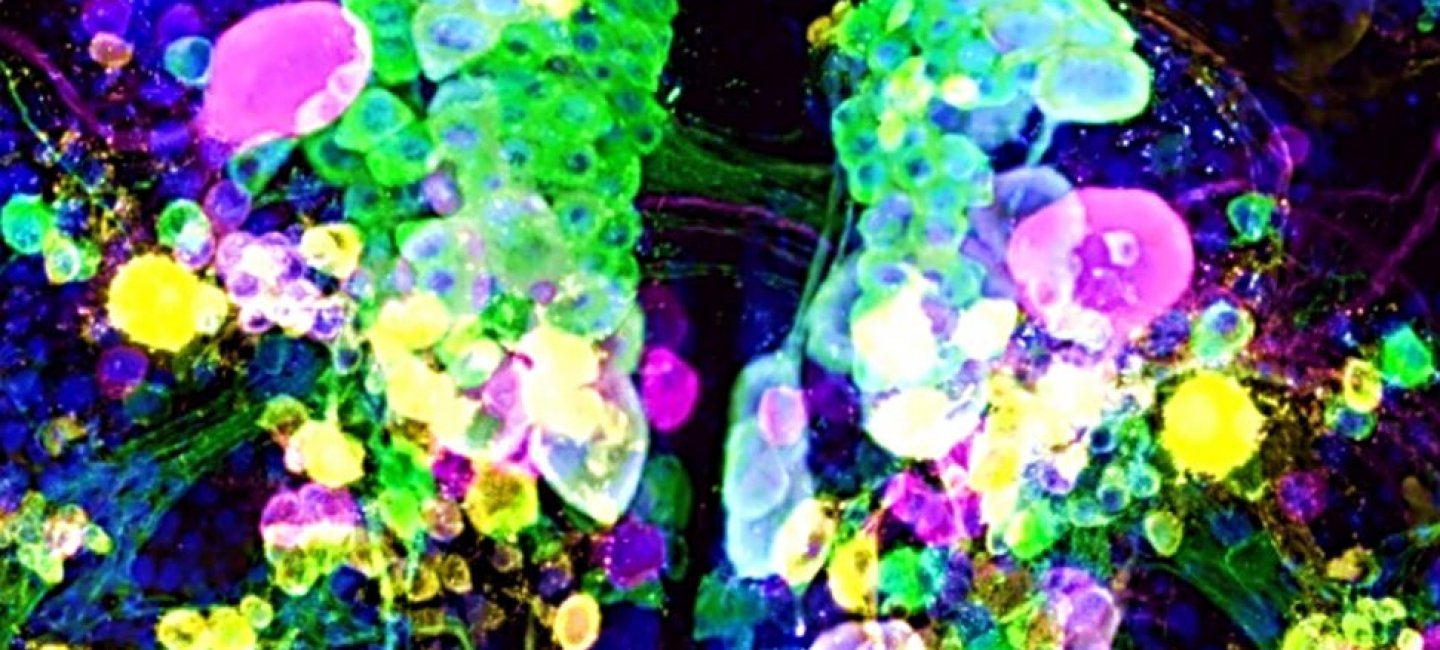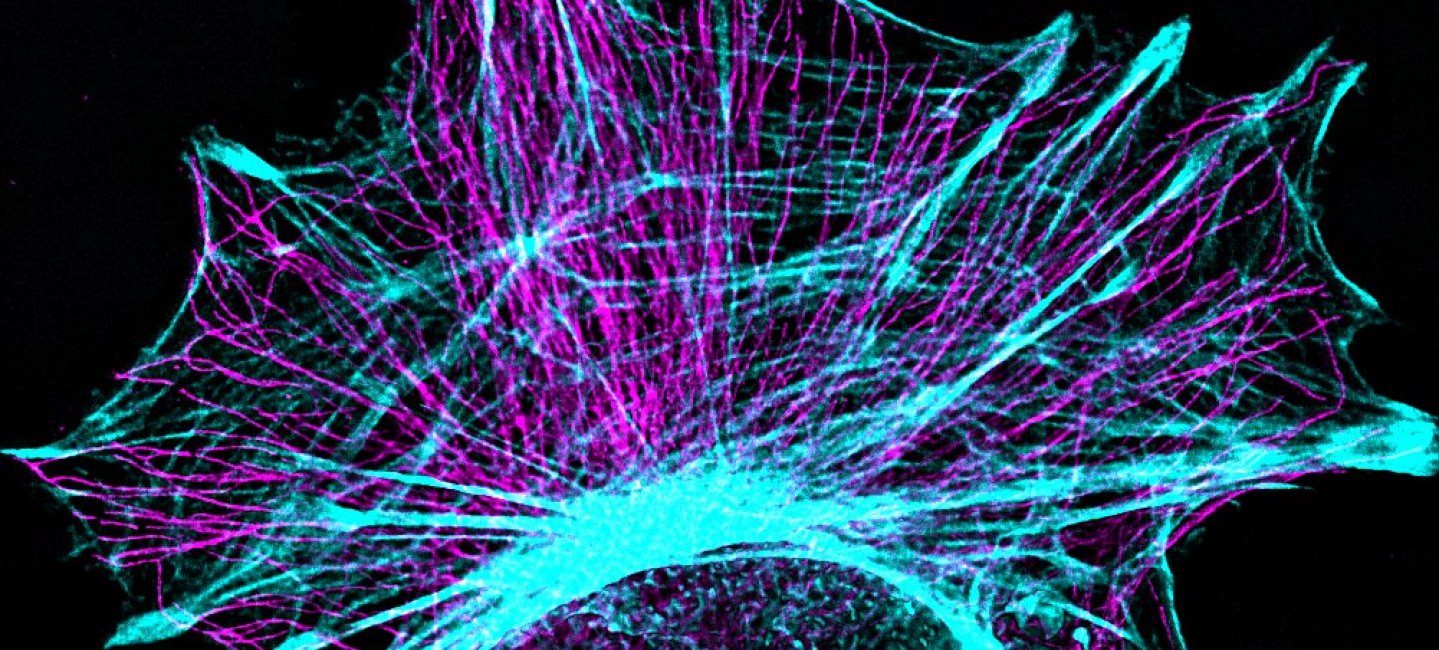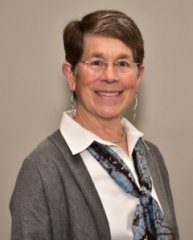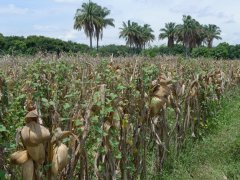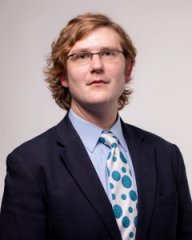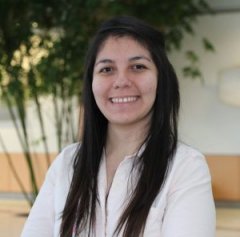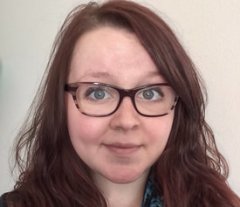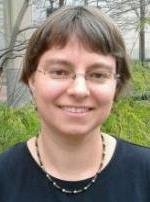News & Announcements
Tyler Marcinko PhD dissertation defense
Tyler Marcinko PhD dissertation defense
Thursday, May 30, 2019
1:00 PM
Life Sciences Laboratory, Room N410
Dissertation Title: "Characterization of β-2 Microglobulin pre-amyloid oligomers and their role in amyloid inhibition"
Advisor: Richard Vachet
UMass Amherst Distinguished Professor Lila Gierasch Elected to National Academy of Sciences; Celebration Held on May 28
UMass Amherst Distinguished Professor Lila Gierasch Elected to National Academy of Sciences; Celebration Held on May 28
A celebration will be held in honor of Lila M. Gierasch’s induction into the National Academy of Sciences (NAS) on Tuesday, May 28 from 2 to 4 p.m. in Old Chapel. Read more
The U.S. National Academy of Sciences announced earlier the election of 100 new members to the academy in recognition of their distinguished and continuing achievements in original research. They include Lila M. Gierasch, distinguished professor of biochemistry and molecular biology and chemistry at the University of Massachusetts Amherst.
The NAS is charged with providing independent, objective advice to the nation on matters related to science and technology. Scientists are elected by their peers to membership in the NAS for outstanding contributions to research. Gierasch’s research focus for decades has been protein folding, that is, how amino acid sequence determines the three-dimensional structure of a protein. She is particularly focused on how proteins fold in the cellular environment and the role of molecular chaperones in ensuring high fidelity in the folding process. Read more
A New, Social Science-based Approach to Improve Weed Management
A New, Social Science-based Approach to Improve Weed Management
In the early days of New England, many towns and villages set aside a fenced field, the common, where residents could safely pasture their sheep, cows or other livestock for the day. But the arrangement came with a dilemma that became known as “the tragedy of the commons” – it turned out to be unsustainable. Individuals acting in their own self-interest eventually threatened the resource by over-use, depleting and spoiling it for everyone. This concept is at the heart of a new approach to the global problem of weeds – whether ecological or agricultural invaders – recently advocated by an unusual international collaboration of plant scientists and social scientists that included evolutionary biologist Ana Caicedo, biology. In their recent publication in “Nature Plants,” they propose that a new, nuanced approach can be helpful in protecting shared-resource plant systems around the world. Read more
Food Scientist in the Spotlight
Food Scientist in the Spotlight
Food scientist Matthew Moore is featured in the “Beyond the Bio” section of the current issue of “Food Protection Trends,” the publication of the International Association for Food Protection (IAFP). In the magazine profile, Moore, an assistant professor who joined the university in 2018, discusses his lifelong journey that led him to a position at the one of the top academic food science programs in the world. Read more
Congratulations to the 2019 CNS Outstanding Achievement Award winners!
Congratulations to the 2019 CNS Outstanding Achievement Award winners!
MCB award winners include:
Excellence in Diversity & Inclusion
Ana Torres Ocampo, PhD Student of Molecular and Cell Biology, Biochemistry and Molecular Biology
Outstanding Research
Richard Vachet, Professor, Chemistry
Luke Remage-Healey, Associate Professor, Psychological and Brian Sciences (Early-career Award)
Congratulations to all of the 2019 CNS Outstanding Achievement Award winners!
Trisha Zintel receives NSF Doctoral Dissertation Research Improvement (DDRI) Grant
Trisha Zintel receives NSF Doctoral Dissertation Research Improvement (DDRI) Grant
Congratulations to Trisha Zintel, recipient of a 2019 NSF Biological Anthropology Program Doctoral Dissertation Research Improvement Grant! Trisha works in the Babbitt group, and received the DDRI grant for her work on "Investigating astrocyte-mediated adaptive changes in primate brain metabolism." The Biological Anthropology Program supports multifaceted research to advance scientific knowledge of human biology and ecology, including understanding of our evolutionary history and mechanisms that have shaped human and nonhuman primate biological diversity. These awards are intended to enhance and improve the conduct of dissertation research by doctoral students who are pursuing research in biological anthropology that enhances basic scientific knowledge. Read more
S. ‘Thai’ Thayumanavan, professor of chemistry, is awarded the Mahoney Life Sciences Prize for his paper: “Shrink-wrapped Proteins as Next Generation Biologics.”
S. ‘Thai’ Thayumanavan, professor of chemistry, is awarded the Mahoney Life Sciences Prize for his paper: “Shrink-wrapped Proteins as Next Generation Biologics.”
Thayumanavan’s work addresses major challenges in delivering protein-based drugs and devices across a cell membrane while keeping the protein stable and avoiding unwanted immune system responses. The award-winning study presents a “robust and sustainable” strategy which overcomes those challenges: the protein itself serves as a template, and polymers self-assemble to form a sheath around it. The technology has exciting potential applications in therapeutics. Congratulations to Thayumanavan, and to the eight additional featured scientists—showcased on the Mahoney Life Sciences Prize site—creating an additional bridge to further application of their groundbreaking work. Thayumanavan will receive the prize and present his research findings as part of a Celebration of Innovation and Entrepreneurship at UMass Amherst April 29. Read more
Natural Science Lecturers Receive Professional Development Awards
Natural Science Lecturers Receive Professional Development Awards
The College of Natural Sciences (CNS) has announced the five recipients of the spring 2019 Lecturers’ Professional Development Fund awards. The awards offer support for technology assistance, conference and research travel, and other activities with the goal of helping recipients become more effective teachers and mentors. Ludmila Tyler, biochemistry and molecular biology, received an award to attend the Cold Spring Harbor Laboratory’s Statistical Methods for Functional Genomics short course. Read more
Research Team Studies How Chemotherapy Can Cause Cancer Cells to Become Active
Research Team Studies How Chemotherapy Can Cause Cancer Cells to Become Active
Researchers have received a five-year, $1.76 million grant from the National Cancer Institute to study how, in some people, cancer cells in the human body that have left the original site of the cancer change from dormant to active due to chemotherapy. They are developing implantable tissue-engineered microenvironments where it is possible to see in detail what causes that change in a living system. The research team is headed by Jungwoo Lee, assistant professor of chemical engineering. Read more
Ana Caicedo Awarded Mutual Mentoring Grant for 2019-20
Ana Caicedo Awarded Mutual Mentoring Grant for 2019-20
Eight teams and eight individual faculty have been selected for mutual mentoring team and micro-grants by the Office for Faculty Development. The Mutual Mentoring Team and Micro Grants encourage faculty to develop robust professional networks that support their growth as researchers, teachers and leaders in their fields. The Mutual Mentoring Micro Grants provide up to $1,500 for one year to individual faculty. Micro Grants are intended to encourage faculty to identify desirable areas for professional growth and to develop the necessary mentoring relationships to make such opportunities possible. Read more
